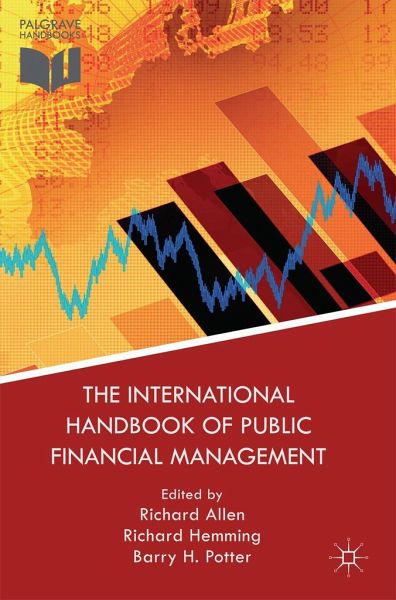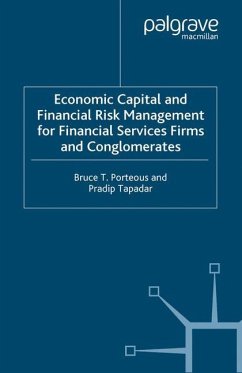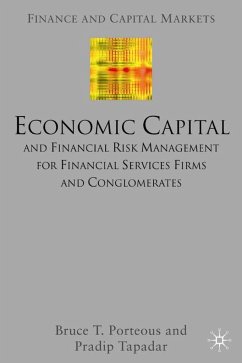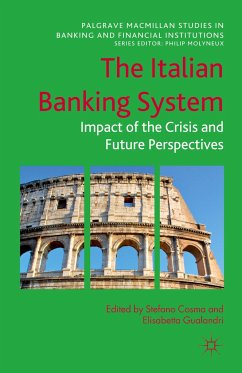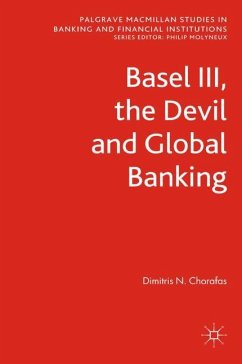The Handbook is a welcome addition to the literature on public finance, not least because it draws on multiple disciplines in the social sciences to provide a rigorous and up-to-date analysis of all facets of this important subject. As such it will surely prove to be an invaluable resource for both academics and practitioners of public finance.'
EMMANUEL TUMUSIIME-MUTEBILE, Governor of the Bank of Uganda
'This Handbook brings together an extraordinary array of public financial management experts and their collective experience to provide a comprehensive repository of cutting-edge knowledge. It is a must read for students and practitioners especially after the global financial and Eurozone crises have rudely awakened the world
to the importance of the linkages between public financial and macro-fiscal management and their influence on constructing rules and institutions that can be implemented in specific political economy contexts.'
SANJAY PRADHAN, Vice President, World Bank Institute
This extremely comprehensive and well-researched volume covers topics of tremendously broad and practical interest, written by many of the world's leading experts on these subjects. I know of no other collection that comes anywhere close to addressing the whole of international financial management, from initial budget planning through adoption, execution, and evaluation. This book represents an invaluable contribution to the field, and will benefit students and government officials alike.
PHILIP JOYCE, University of Maryland School of Public Policy and Editor, Public Budgeting & Finance
The field of Public Financial Management has grown in sophistication and complexity over recent decades. This volume brings some of the most important topics together in thought-provoking ways. It blends technical, political and managerial perspectives in a manner that fosters honest discussion about the subject. The message it sends is clear. There is a lot to discuss, and there are many perspectives.
MATT ANDREWS, Harvard Kennedy School
'By providing a fresh perspective not only on the bread and butter of public financial management, but also on innovative themes, the Handbook is a valuable and comprehensive guide to the field, and sure to become a first reference for the practitioner and student.'
NEIL COLE, Collaborative African Budget Reform Initiative, CABRI
'This is a virtual encyclopedia of public financial management, covering all aspects of the budget cycle. I am confident the volume will become a standard reference in this critically important field.'
JON BLONDAL, Organization for Economic Cooperation and Development, OECD
'Improving our understanding of public financial management is crucial as nations seek to correct fiscal imbalances stemming from the global economic and financial crisis. An important contribution of this Handbook is in emphasizing the importance of collaborative approaches to reform, bringing together knowledge from economics, public finance, political science, law, organizational development, computer science and human resource management.'
CLAY WESTCOTT, Senior Editor, International Public Management Review
'This is an important Handbook that provides a very practical 'how to' guide to all aspects of public financial management that are now taken to constitute best practice. It should be of interest to practitioners in governments and policy-related institutes around the world. The volume also contains new perspectives on the political economy of institutional change. Some of the chapters would thus be of interest to researchers working in the relatively new area of institutional change and governance, or why certain prescriptions or best practices so often fail, despite the high quality advice that is now available.'
EHTISHAM AHMAD, London School of Economics and Political Science and University of Bonn
'Public financial management reform takes time, is complex and has to consider the local environment, including key political economy factors. This volume, written and edited by some of the world's leading experts on the subject, will be indispensible for all those involved with such challenges.'
ANDY WYNNE, Editor, International Journal of Governmental Financial Management
